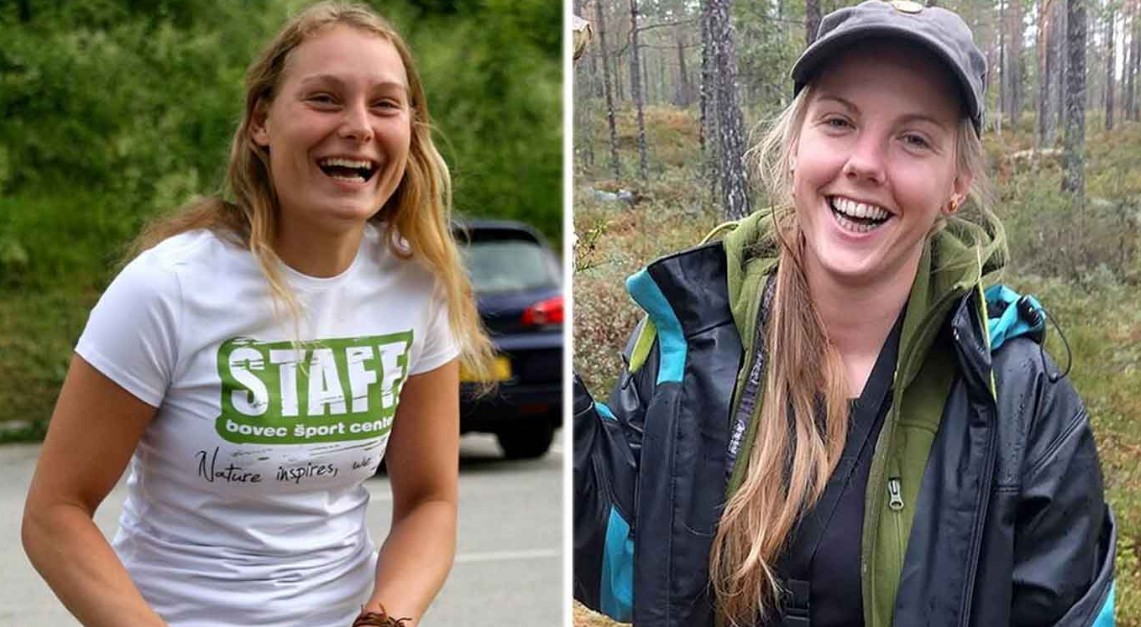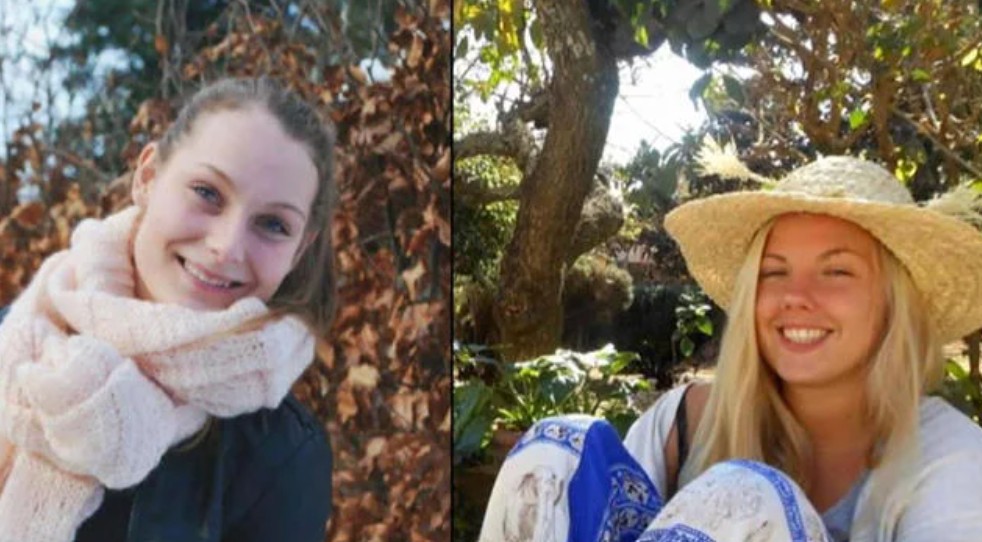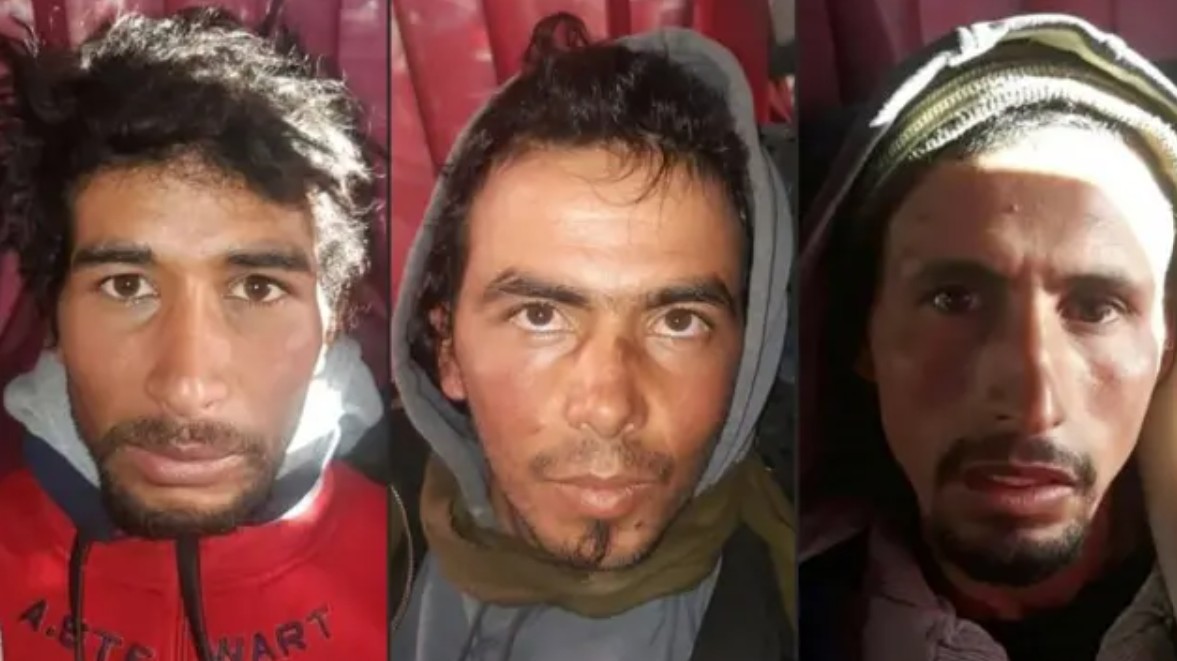Louisa Jespersen and Maren Ueland Video and Crime
In December 2018, the quiet serenity of Morocco’s Atlas Mountains was shattered by a brutal crime that reverberated far beyond the country’s borders. Two young Scandinavian university students, Louisa Vesterager Jespersen from Denmark and Maren Ueland from Norway, were murdered while on a hiking trip. The violence itself was appalling, but what made the case even more disturbing was the circulation of a video showing the killing of one of the women. Danish intelligence services later authenticated the footage, confirming its horrific authenticity.

The tragedy not only devastated the victims’ families but also raised questions about safety in North Africa, the presence of extremist groups in Morocco, and the vulnerability of international travelers in remote regions.
Contents
Confirmation of the Video
Shortly after the murders, a graphic video began spreading across social media. Authorities initially refrained from confirming its authenticity, but on Thursday, Denmark’s intelligence service known as PET issued a chilling statement:
Uncensored full video of the victims Louisa Jespersen and Maren Ueland being murdered
louisa-jespersen-and-maren-ueland-video.mp4
“The PET confirms that a video circulating on the internet shows the murder of one of the two women killed in Morocco.”
The footage reportedly showed a woman screaming as a man cut her neck with what appeared to be a kitchen knife. The validation by Danish intelligence not only deepened public outrage but also underscored the cruelty of the attack. Social media platforms scrambled to remove the video, but by then, it had already circulated widely, amplifying the shock and horror.
Discovery of the Victims
The bodies of Louisa Jespersen, 24, and Maren Ueland, 28, were discovered on Monday near the small village of Imlil, a gateway to Mount Toubkal, the highest peak in North Africa and a beloved destination for trekkers worldwide.

Authorities reported that one of the victims was found dead inside her tent, while the other was discovered just outside. The isolation of the area, far from heavily trafficked routes, made it particularly vulnerable to such an attack. For locals, the discovery was devastating, as the village relies heavily on mountain tourism for its livelihood.
Suspects and Arrests
The Moroccan police moved swiftly. The first suspect was arrested in Marrakech, the country’s premier tourist hub, on Tuesday. Investigators quickly identified three more suspects and launched an intense manhunt.
Police spokesperson Boubker Sabik announced:
“We are working to bring before justice three other suspects on the run.”
Reports from Moroccan media provided further details. Surveillance footage allegedly captured three men setting up a tent near the women’s campsite before the killings, and later leaving the area. The presence of this video evidence became a crucial lead for investigators.
Possible Motive and Links to Armed Groups
The investigation soon turned toward possible extremist connections. On Wednesday, prosecutors in Rabat stated that the arrested man belonged to an “armed group,” though they did not immediately specify which one. Morocco’s state TV channel 2M echoed this claim, suggesting that the killings were motivated by extremist ideology.

While Morocco has been relatively insulated from large-scale attacks compared to its North African neighbors, the shadow of extremism lingers. Authorities feared that this brutal double murder may have been inspired by international terrorist organizations, potentially targeting Western tourists as symbolic victims.
Reactions from Families and Universities
The murders had a profound emotional impact, not only in Morocco but also in Scandinavia. Families of both women gave heart-wrenching statements to local media.
Louisa Jespersen’s mother told the Danish tabloid BT that the family had warned her against taking the trip, fearing potential risks. In Norway, Maren Ueland’s mother, Irene, told broadcaster NRK that her daughter had been cautious and had taken safety measures before traveling, including careful planning of her hiking routes.
Both women were students at the University of South-Eastern Norway. According to the institution’s website, they were studying for bachelor’s degrees in “outdoor life, culture and ecophilosophy.” The university expressed sorrow, writing:
“What we know is that they were on a month-long, private holiday in Morocco. Our thoughts go to the families.”
In their memory, flags were flown at half-staff on campus, a solemn reminder of how lives filled with promise had been cut short.
International and Government Responses
The crime prompted swift responses from the governments of Denmark and Norway. Authorities issued travel advisories warning citizens to avoid hiking alone in Morocco, especially without local guides.
Danish police also dispatched an officer to Morocco to assist local investigators and to ensure close cooperation between the two nations. This international collaboration reflected the seriousness of the case and the shared determination to bring the perpetrators to justice.
The incident also raised broader concerns for global travelers. Hiking in remote, unguarded areas particularly in regions with histories of extremist activity was highlighted as a significant risk.
Broader Context: Terrorism in Morocco
To fully understand the gravity of the case, it is important to consider Morocco’s history with terrorism. Compared to other countries in North Africa, Morocco has largely remained shielded from widespread extremist attacks. The last major incident occurred in April 2011, when a bomb exploded in a Marrakech restaurant, killing 17 people.
In response to regional threats, Morocco established the Central Bureau for Judicial Investigations (BCIJ) in 2015, often described as the country’s equivalent of the FBI. The BCIJ has since dismantled 57 extremist cells, including eight in 2018 alone.
This record demonstrates Morocco’s vigilance but also highlights that the threat of radicalized individuals remains. The murders of Jespersen and Ueland were not only an attack on two innocent women but also a challenge to Morocco’s reputation as a safe tourist destination.
Impact on Tourism and Public Sentiment
The Atlas Mountains, with their stunning landscapes and cultural richness, have long attracted travelers seeking adventure and tranquility. Yet the murder of two young tourists in such an area has inevitably shaken confidence.
Tourism is vital to Morocco’s economy, particularly in villages like Imlil, where guides, lodges, and restaurants rely on hikers. Fear of extremism threatens this livelihood. Locals expressed sorrow and solidarity with the victims’ families, knowing that the reputation of their community could suffer irreparably from one heinous act.
Beyond tourism, the murders struck at a deeper human level. Across Scandinavia and Morocco alike, the crime was met with mourning, vigils, and calls for justice. Social media users worldwide expressed grief and outrage, many highlighting the dangers women face when traveling, even in seemingly peaceful environments.
The brutal murders of Louisa Vesterager Jespersen and Maren Ueland in Morocco’s Atlas Mountains were not just isolated crimes but acts that carried global resonance. The confirmation of the murder video by Danish intelligence underscored the cruelty of the attack and magnified its horror.
For the families, universities, and countries involved, the tragedy is personal and profound. For Morocco, it is a painful reminder of the ongoing challenge posed by extremist elements, even within a country that has largely succeeded in preventing major attacks.
At the same time, the murders highlight the risks faced by travelers in remote or politically sensitive areas. While safety measures can reduce risks, they cannot always eliminate them.
Ultimately, the memory of Jespersen and Ueland stands as a testament to lives filled with curiosity, ambition, and passion for the outdoors lives that were tragically cut short. Their deaths call for renewed international cooperation against extremism and remind the world of the enduring human cost of violence.
Hot News -Ikbal Uzuner Video and The Father’s Testimony
Major Galore Viral Video on Twitter and Public Reaction
Minneapolis Shooting and Robin Westman Youtube Video
Victoria Tesla Video on Twitter and Man in a Tesla
Nermin Sulejmanović Video and Tragic Instagram Livestream
Syko Stu and Rampage Jackson Son Raja Jackson Fight Video Incident
Freddy Mireles Video and Immediate Aftermath

